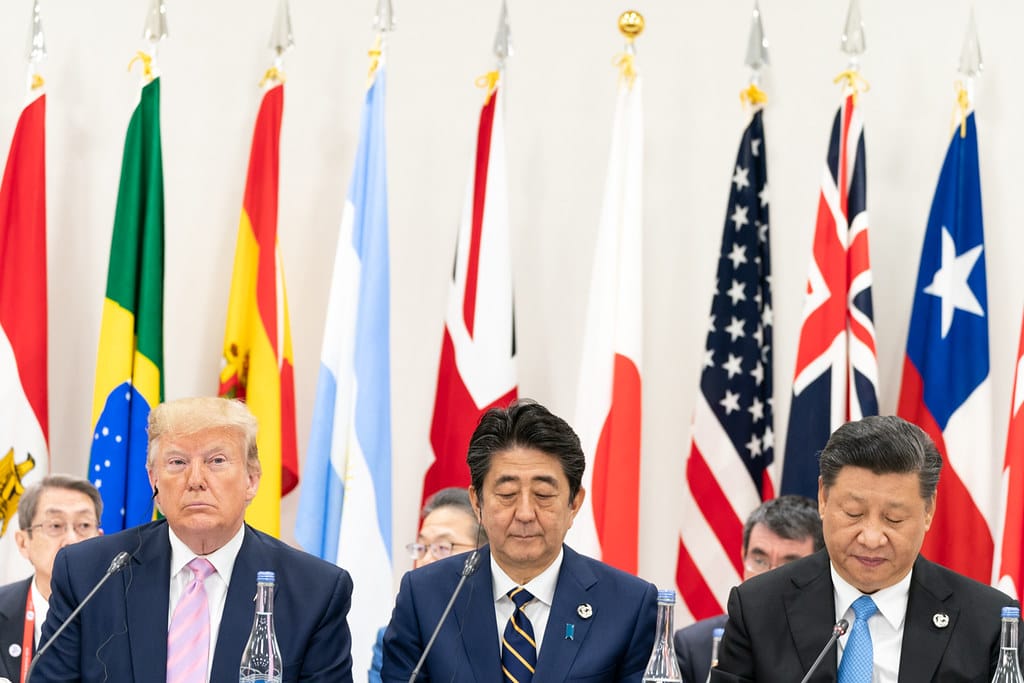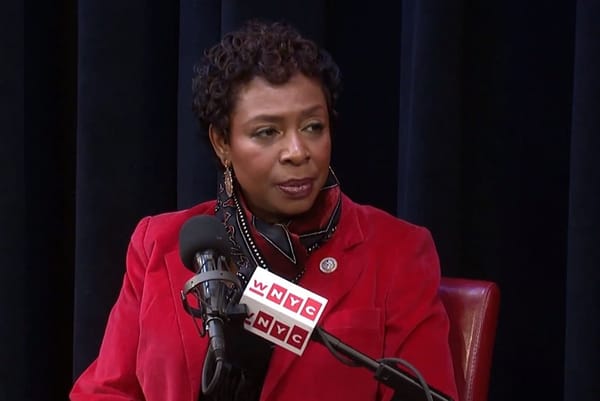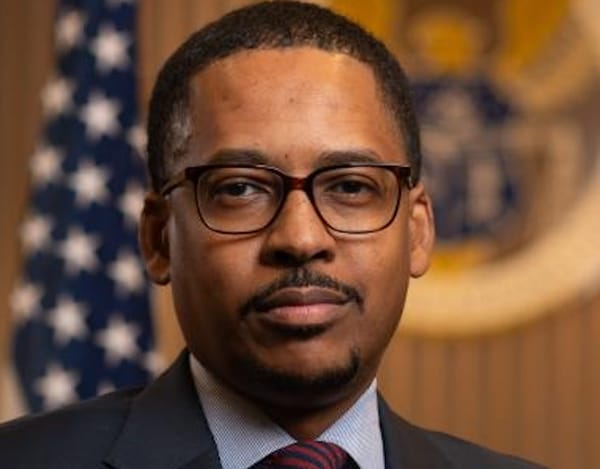Trump Reports Progress on China Trade, Buildout Act in Senate, and Comcast Debuts Robocall Blocking
Trade negotiations with the U.S. and China are “right back on track,” said President Trump this Saturday at the G20 Summit in Japan. The Guardian reports that after the president met with Chinese general secretary Xi Jinping, he announced that the U.S will not impose further tariffs against Chinese

Trade negotiations with the U.S. and China are “right back on track,” said President Trump this Saturday at the G20 Summit in Japan. The Guardian reports that after the president met with Chinese general secretary Xi Jinping, he announced that the U.S will not impose further tariffs against Chinese products.
“We were very close but something happened where it slipped up a little bit,” said Trump referring to the failure of previous talks.
Previously, Trump had threatened to extend existing tariffs to cover almost all imports from China to the U.S unless Beijing cooperated with meeting U.S. demands for economic reform. In May the administration accused Beijing of reneging on reform pledges, resulting in China placing levies on U.S. imports.
Trump also said that the U.S. is “totally open” to cooperation and dialogue in order to create a “historic fair-trade deal” with China.
“We will continue to negotiate, and I promise that at least for the time being we won’t be adding additional [tariffs] … We’re going to work with China to see if we can make a deal,” he said.
Sens. Collins and Jones introduce the American Broadband Buildout Act
Sen. Susan Collins, R-Me., and Sen. Doug Jones, D-Al., introduced legislation last Thursday that would increase broadband services for rural Americans. The American Broadband Buildout Act of 2019 would direct the Federal Communications Commission to provide up to $5 billion in matching grants to help states improve broadband infrastructure.
This bipartisan bill would help rural communities access high-speed internet and “overcome” the digital divide, as well “bridge the gap” by enabling innovative health care delivery in these communities, said Collins.
Reliable, high-speed internet is a “necessity for modern life,” said Jones. The bill would help public-private partnerships fund broadband development in the areas that need it most, he said.
Under ABBA, projects that receive funding must be locating in “unserved” areas, where broadband is unavailable at speeds that meet the FCC’s standard. The federal government must cooperate with state governments and the private sector to ensure that these projects will be sustainable, so that federal tax dollars can build a “future-proof” network for rural Americans.
The legislation would provide “meaningful support” for rural communities, increasing private investment while leveraging the knowledge and resources of the states, said Ben Sanborn, Executive Director of the Telephone Association of Maine.
“We appreciate the legislation’s emphasis on directing funds to areas that need them the most, as well as a requirement for the FCC to immediately improve its fixed broadband maps at a sub-census block level,” said NCTA–The Internet & Television Association in a statement.
Comcast rolls out robocall blocking technology
Comcast announced last week that Xfinity Mobile customers will now have the option to use robocall blocking technology from Hiya, Telecompetitor reports.
Customers can download the app for free to begin receiving alerts about potential spam calls and block them. The app will also identify calls from common businesses and include a “neighbor spoofing” blocker, allowing customers to block specific area codes if they notice a significant number of unwanted calls coming from those areas. A separate robocall blocking technology would be available for Xfinity landline-based customers as well.
Comcast had previously partnered with AT&T to test calls using the SHAKEN/STIR technology. This protocol is designed to verify that the phone number displayed in the caller ID is the same number from which the call was placed.
“While authentication won’t solve the problem of unwanted robocalls by itself, it is a key step toward giving customers greater confidence and control over the calls they receive,” said Comcast and AT&T in a press release.
(White House photo of President Trump, Japanese Prime Minister Shinzo Abe, and China’s President Xi Jinping, at right.)








